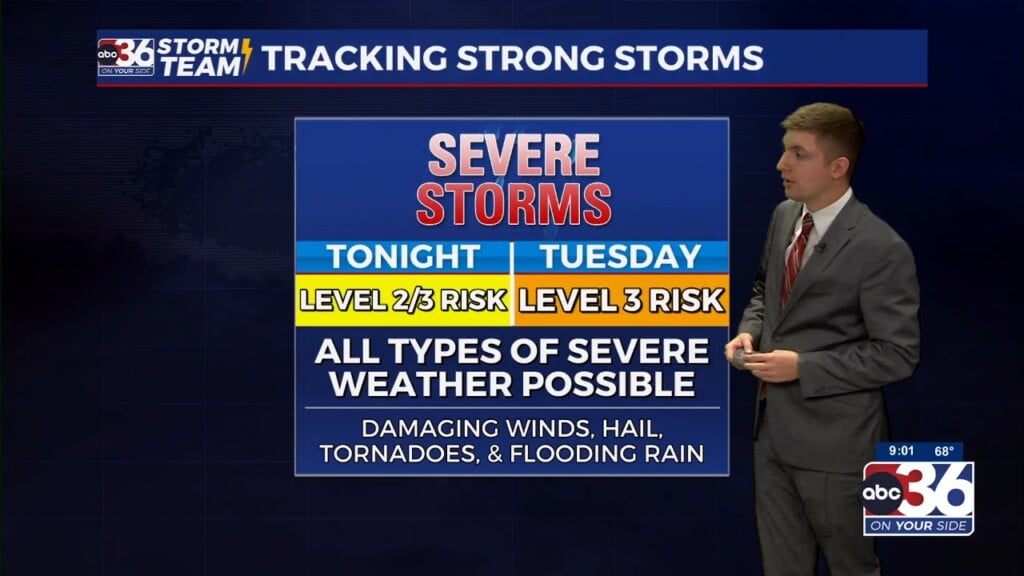EKU awarded $1.46 million to open four aviation maintenance technician schools
RICHMOND, Ky. (WTVQ)– The Appalachian Regional Commission through its POWER Initiative has announced an investment of $1,463,927 in Eastern Kentucky University’s “Kentucky’s Appalachia Aviation Maintenance Technician Training” project.
The 18-month program, slated to begin training students in January 2020, will be partially taught in traditional classrooms on the partnering college campuses: Hazard Community & Technical College; Big Sandy Community and Technical College; EKU Manchester; EKU Corbin; and EKU Richmond. Upper-level training classes will take place at partnering regional airports: Wendell H. Ford Regional Airport, Hazard; Big Sandy Regional Airport; London-Corbin Airport; and Central Kentucky Regional Airport, Richmond.
Each college and university program location was strategically chosen for its proximity to a partnering regional airport. Once trainees fulfill basic coursework requirements inside the traditional classroom setting, the training will move to the regional airports for hands-on work training.
The initiative meets criteria outlined in EKU’s five-year strategic plan, enacted by EKU President Dr. Michael T. Benson and the EKU Board of Regents. One of the plan’s six goals is to increase collaboration with EKU’s service region and community stakeholders to identify and address both educational and economic issues.
Eastern is currently working with the Federal Aviation Administration (FAA) to build an approved curriculum and will hire a project manager after July. The program is intended to be inclusive of both Airframe and Powerplant (A&P) and Aircraft Maintenance Technician (AMT) trainings. Identifying a growing employment sector, the project responds to the need for economic diversification, job creation and workforce development within Kentucky’s Appalachian counties.
Eastern’s Office of Regional Stewardship is currently collaborating with Eastern Kentucky Concentrated Employment Program (EKCEP) to add the aviation maintenance certification program to its list of paid trainings for those displaced by the downturn in the coal mining industry and others who qualify under the program. If approved, individuals who meet need-based criteria will receive paid or partially paid tuition for their program training.




Leave a Reply